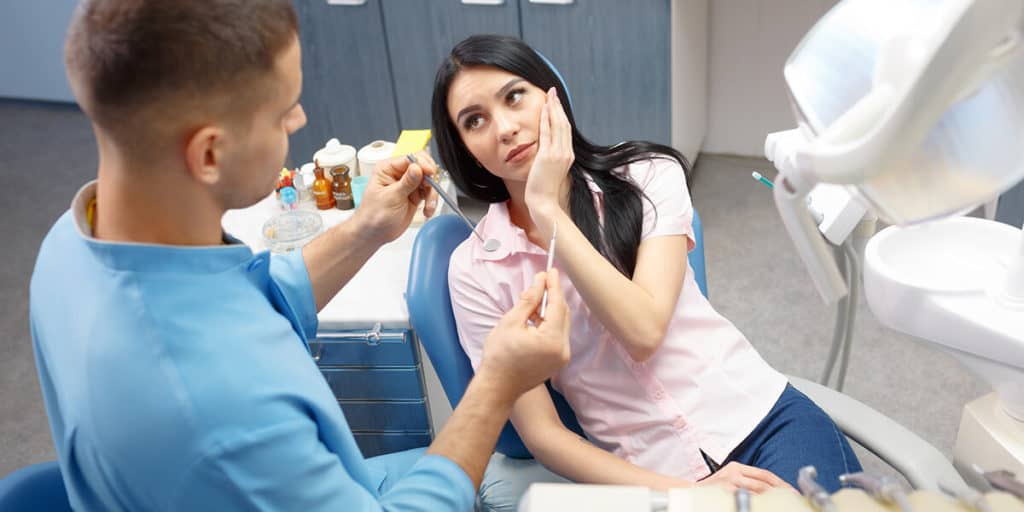Infections happen more often than you think, and they can even affect your dental health. So what do you need to know about having an infected teeth and how best can you remedy this dental condition?
Why do infections happen?
The cycle of infection happens when there is an increased population inside one’s mouth and there is a break in your mucous membranes which act as point of entrance for these microorganisms. For instance, when a tooth has just erupted or when there is damage done to the gums, microorganisms can enter and mount an infection.
What are some of the popular forms of infections?
Gum Diseases. Periodontal diseases, or diseases which affect that gums, are caused first and foremost by bacteria. Bacteria thrives in a matrix called plaque which accumulates as you eat and most of all if you do not practice good dental hygiene. Usually, plaque accumulates along the gum line or the junction where teeth meet with the gums. When plaque is not removed within 24 hours, it then converts into tartar, which is a solidified version of plaque. Tartar is toxic to the gums and can lead to entrance of microorganisms to the gingival tissues.
Abscessed Tooth. When a tooth has decayed severely, then the pulp layer will then be exposed. The exposure of this layer of the tooth puts the sensitive soft tissues at risk. These tissues include the nerve endings and the blood vessels which serve to nourish and innervate the tooth. Because of the exposure of this layer, bacteria are then able to infiltrate this layer and irritate the soft tissues to the point of their destruction. One very common symptom of an abscessed tooth is pain.
Pericoronitis. When a tooth has just started to erupt, there will be a break in the immediate gum tissues in order to accommodate the tooth as it begins to sprout up. The problem with this though, especially if the tooth takes a long time to fully erupt, is that there is now an opening for microorganisms and lead to the infection of the gums surrounding the tooth which is about to come in.
How can lessen your chances for dental infections?
A good dental hygiene is your best line of defense against these infections. Brushing, flossing and rinsing with mouthwash will help to minimize the populations of bacteria found inside your mouth to lessen your risk for infection. For more dental hygiene tips, come and visit our practice for a consultation to find out the best way to take to care of your smile.
